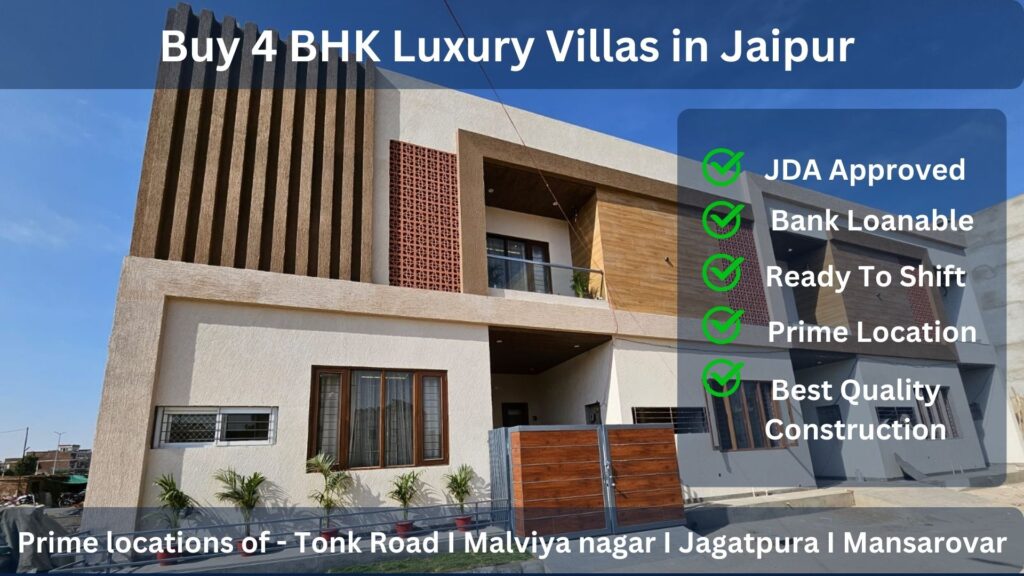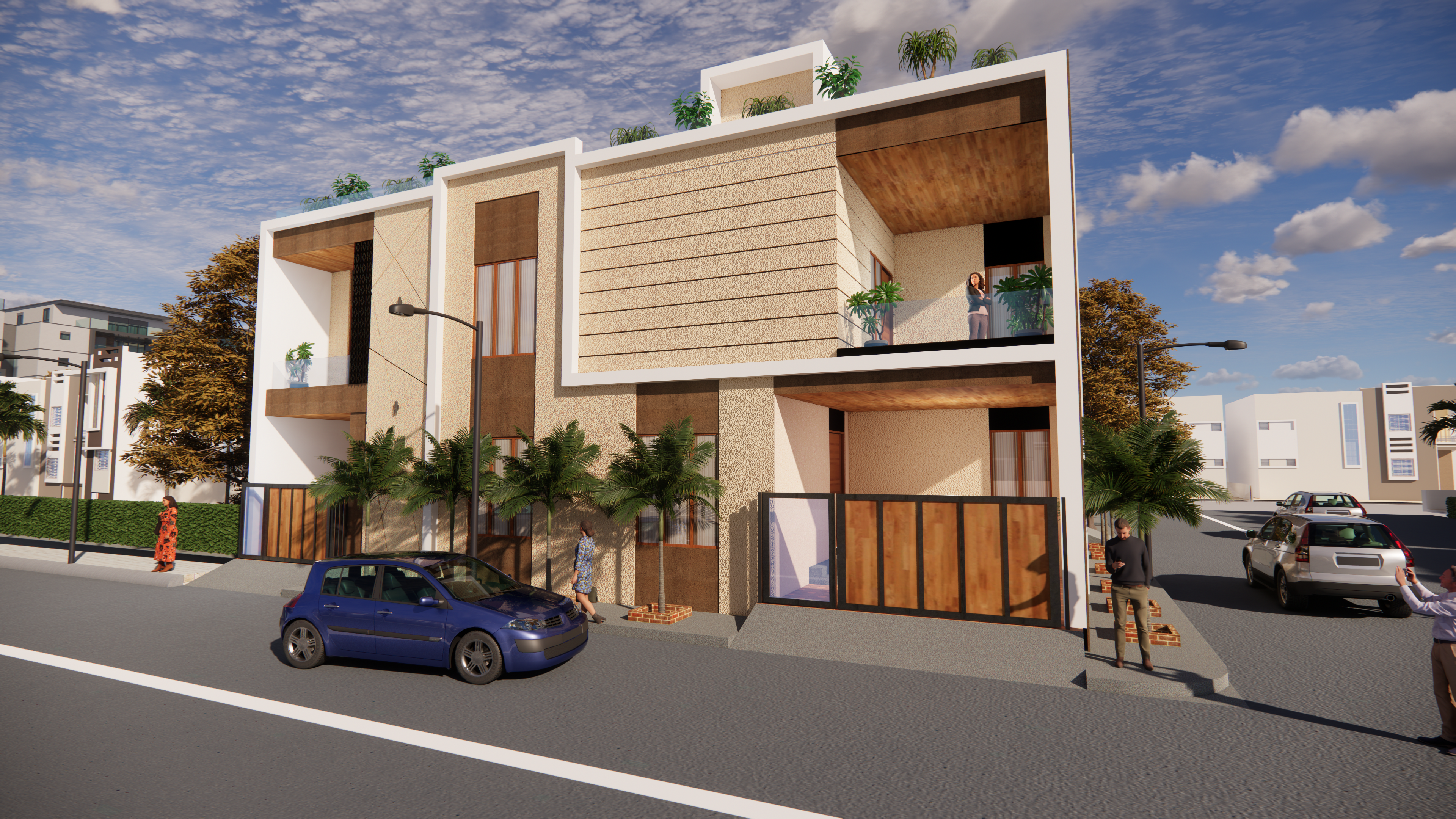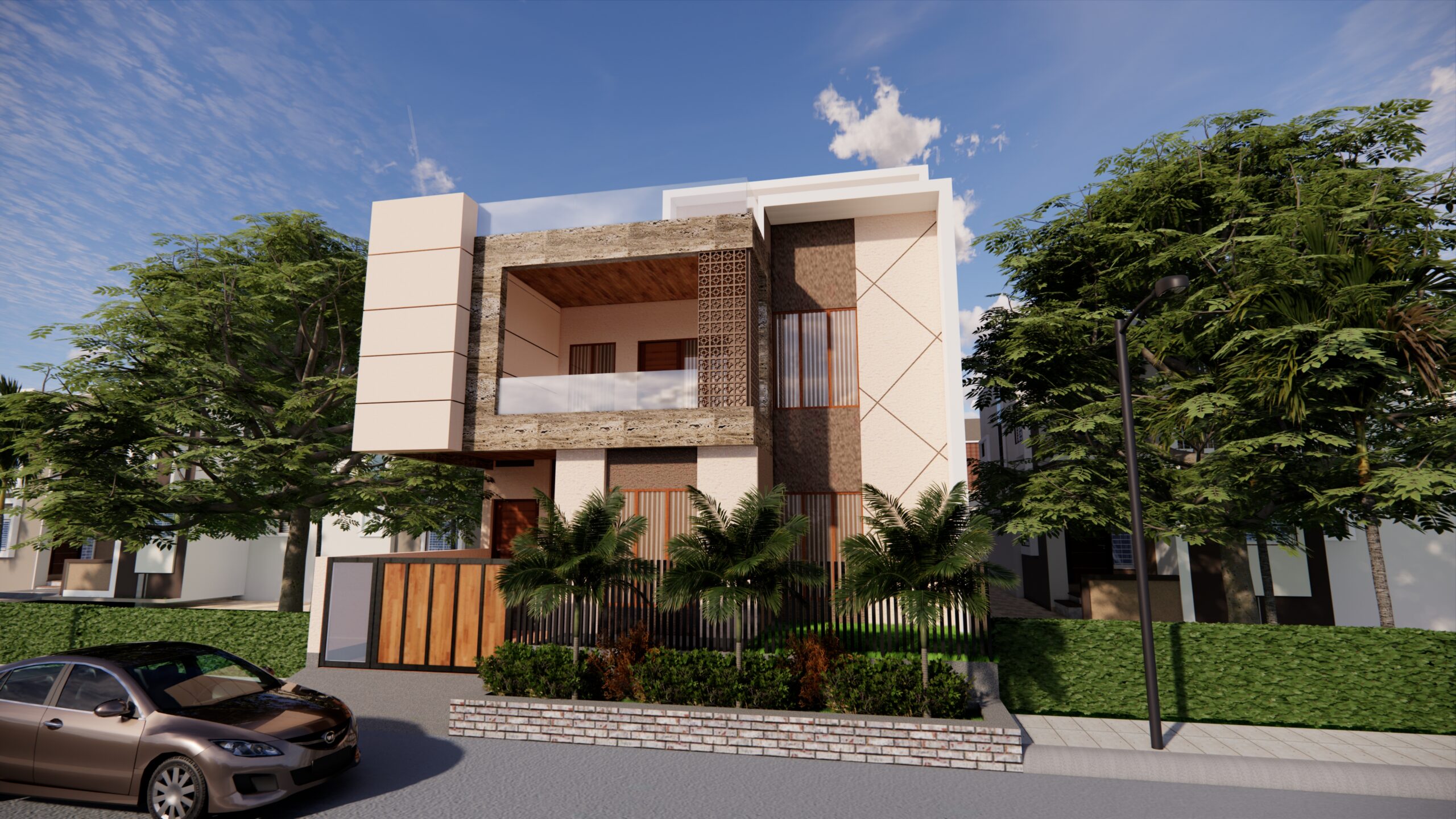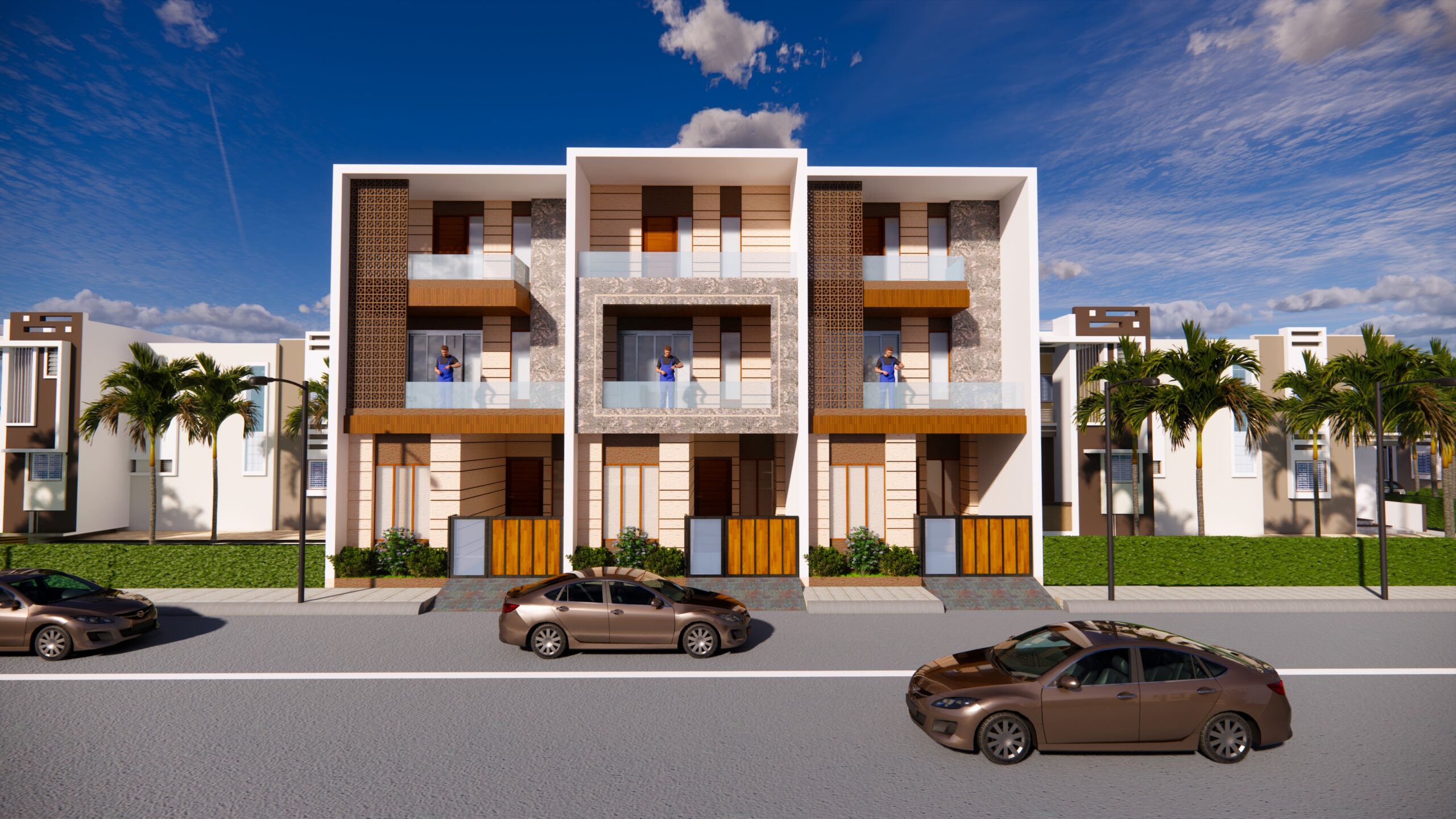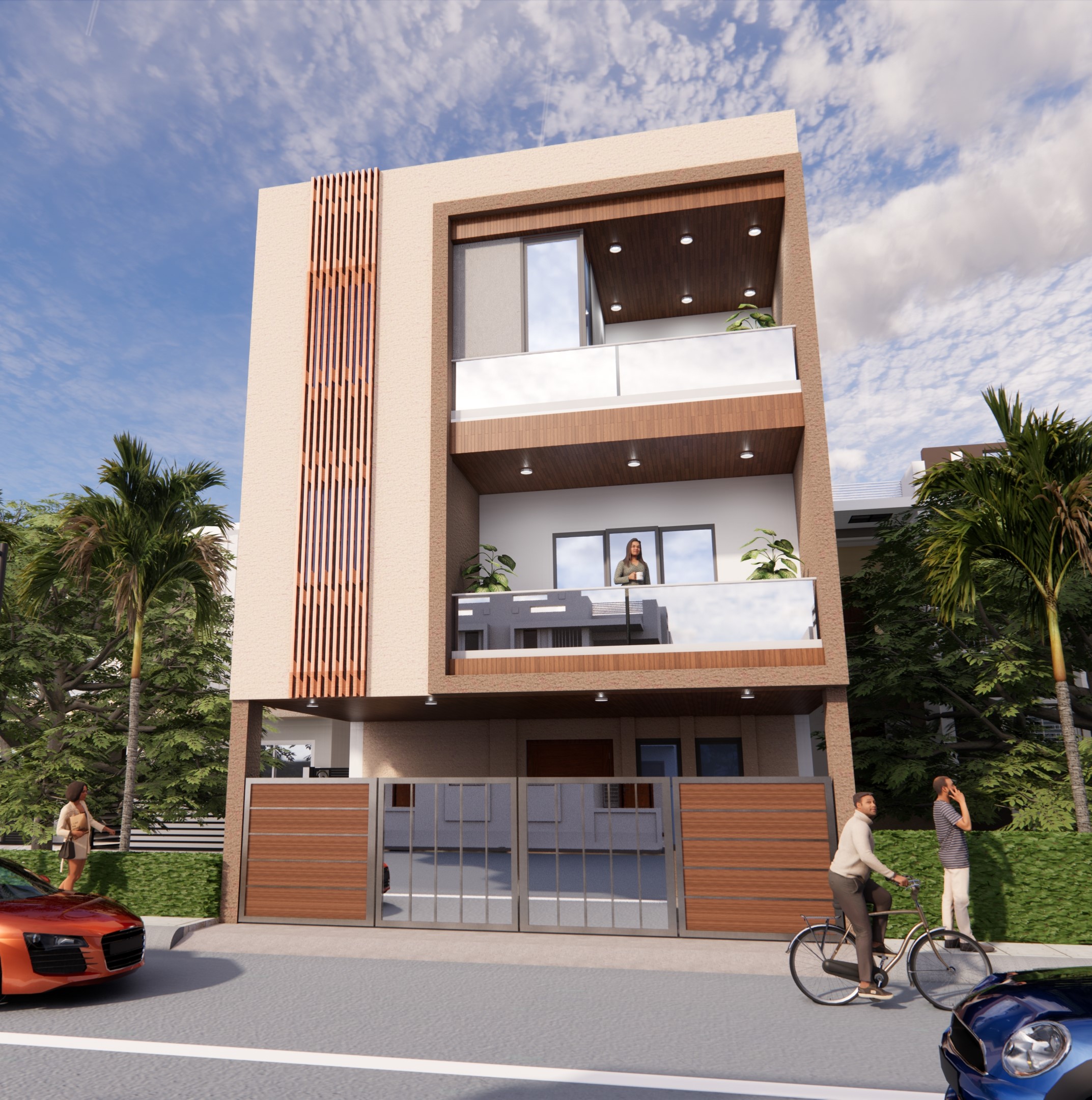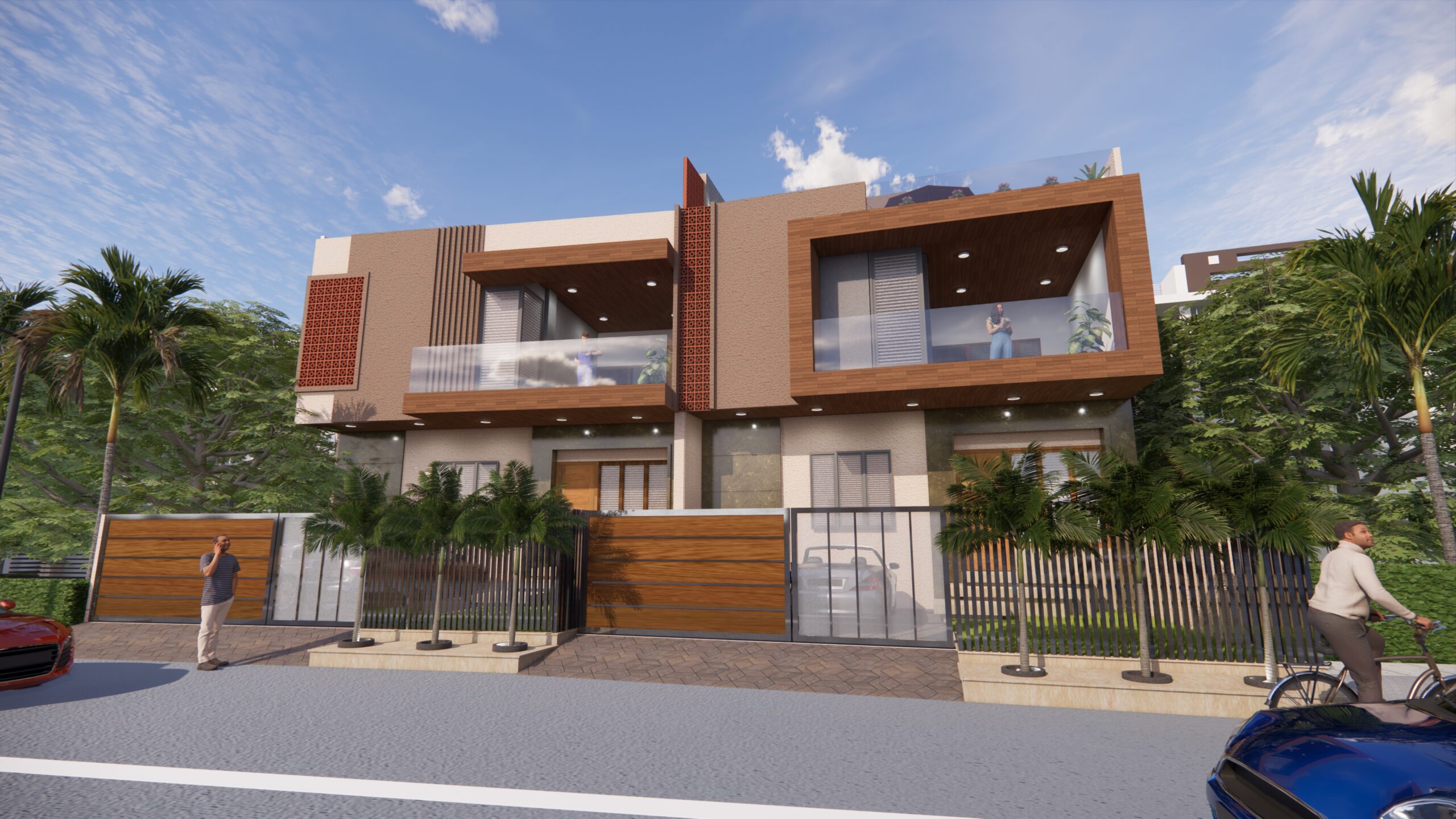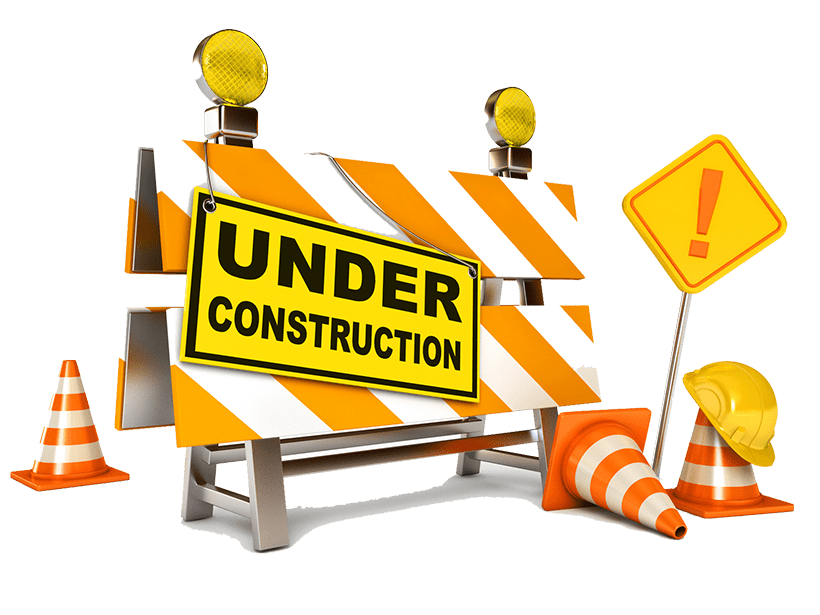Buy a villa / independent house in jaipur
Introduction
Jaipur boasts a thriving real estate market, continuously expanding with a plethora of top-tier projects. From luxurious villas to modern apartments, the city offers a diverse range of options to suit every preference and budget. With its rich cultural heritage and robust infrastructure development, Jaipur attracts investors and homebuyers seeking both financial gains and a high quality of life. The city’s strategic location and growing economy contribute to its appeal as a prime real estate destination in India. Whether for investment purposes or finding the perfect home, Jaipur stands out for its ever-growing and dynamic real estate sector.
The Jaipur real estate market offers a wide variety of property options to choose from, catering to diverse preferences and budgets. Whether you’re looking for an open plot of land or a luxurious villa, Jaipur has something for everyone.
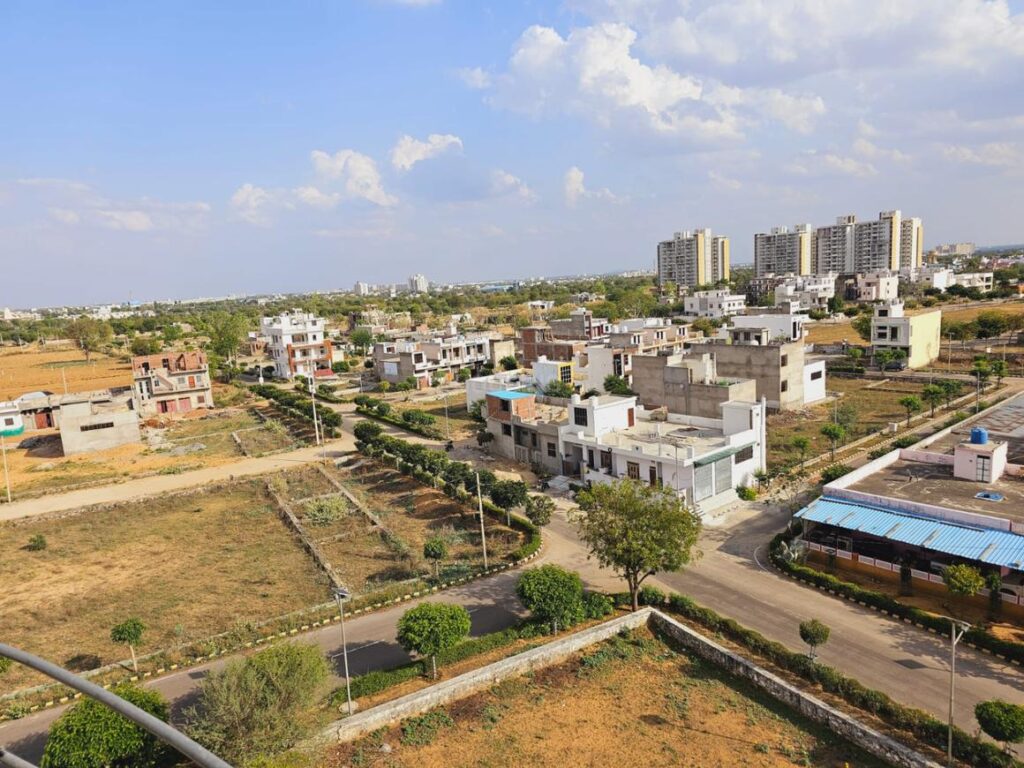
Open Plots of Land: Ranging from 100 to 1000 square yards, open plots of land provide an excellent opportunity for those looking to build their dream home from scratch. These plots offer flexibility in design and layout, allowing homeowners to customize their space according to their preferences.
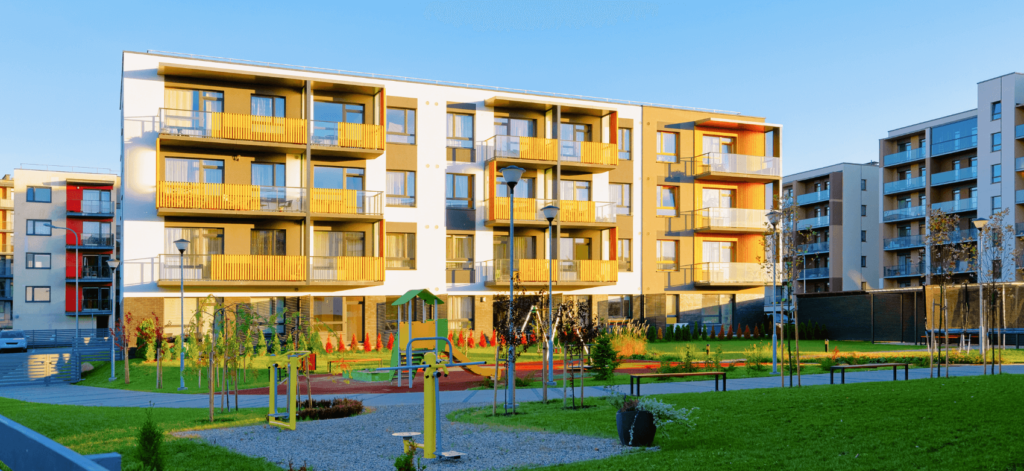
Basic Apartments: Jaipur offers basic apartments in configurations ranging from 1 BHK to 3 BHK. These apartments are ideal for individuals or small families looking for affordable housing options without compromising on basic amenities and convenience.
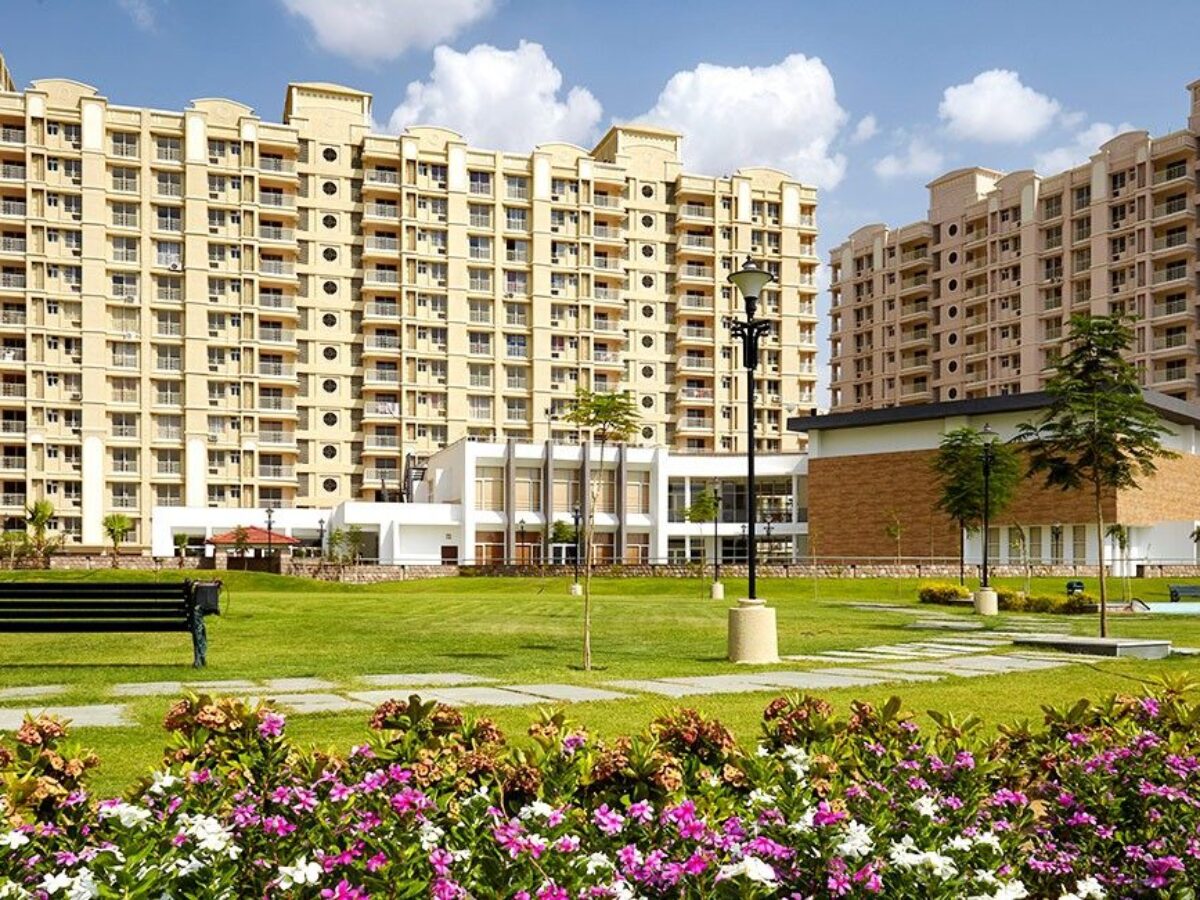
Luxury Apartments: For those seeking a more upscale living experience, Jaipur boasts luxurious apartments in configurations ranging from 3 BHK to 6 BHK. These apartments are equipped with state-of-the-art amenities such as swimming pools, gyms, and landscaped gardens, offering residents a lavish lifestyle amidst the city’s beauty.
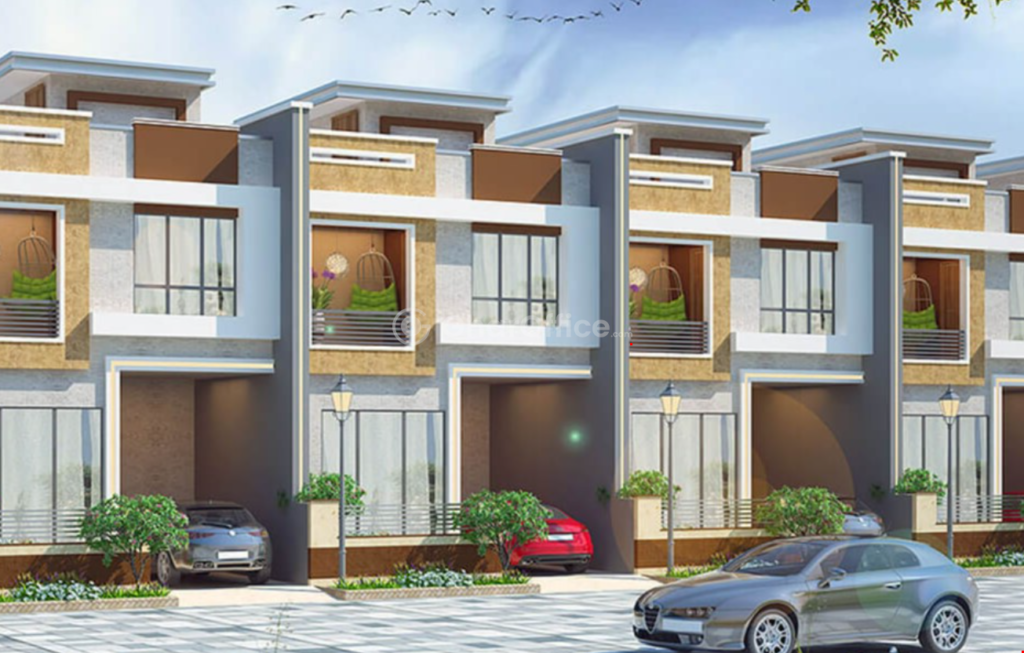
Villas/Independent Houses: If privacy and exclusivity are what you crave, Jaipur’s villas and independent houses are the perfect choice. These spacious properties come with their own private gardens and parking spaces, providing homeowners with a sense of serenity and tranquility in the bustling city.
No matter your preference, the Jaipur real estate market ensures that there’s a property option suited to your needs and lifestyle. Whether you’re a first-time buyer or a seasoned investor, exploring the diverse range of properties available in Jaipur is sure to lead you to your perfect home.
The following article guides you through the process of purchasing a villa or independent house, detailing each stage of the buying journey comprehensively.
Type of villas
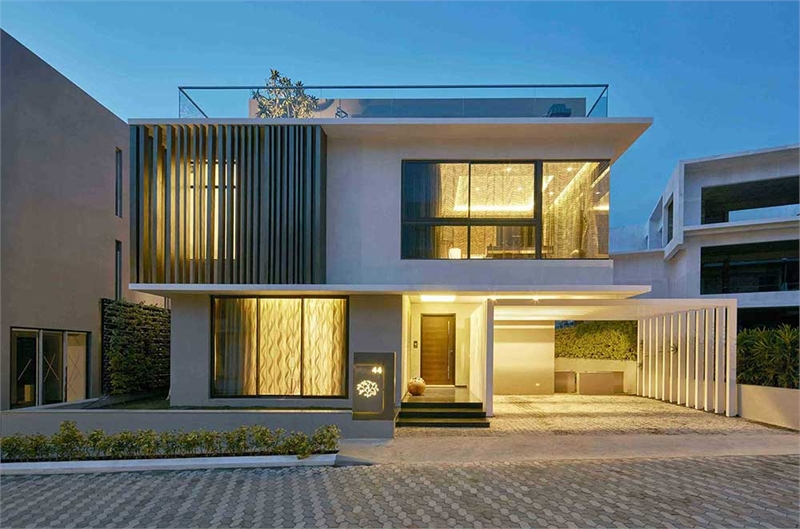
Independent House
These houses are constructed in established neighborhoods on individual plots of land within well-inhabited areas. These localities are typically centrally located and well-connected, offering the convenience of urban living. These houses may either stand individually or be part of a small cluster developed by the same builder.
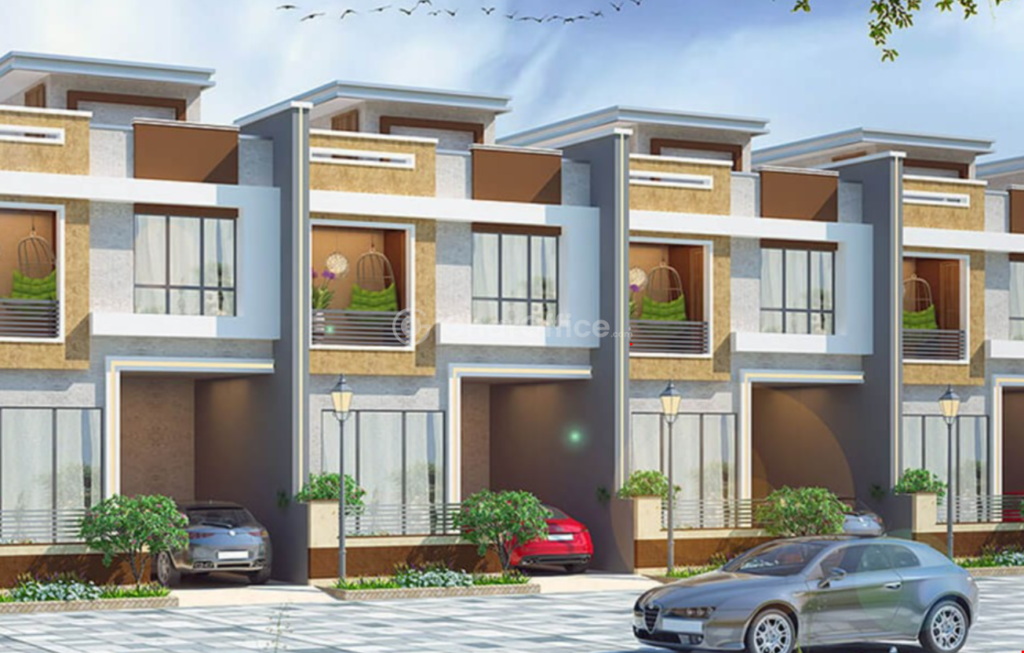
Row House
These houses are commonly found in emerging neighborhoods, arranged in clusters of 5 to 10 units with shared walls on smaller plots ranging from 100 to 200 square yards. These properties are situated in respectable areas, often close to the city center and easily accessible via transportation networks. Additionally, they may be conveniently located near malls and other public amenities.
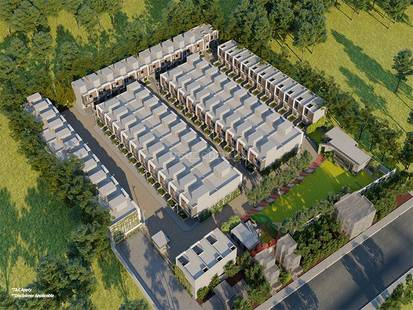
Townships
Townships are typically situated in up-and-coming neighborhoods that are still undergoing development and may require some time to become fully populated. These self-contained communities feature gated societies with amenities such as gardens, shops, temples, and other communal facilities within the vicinity. This setup offers convenience for residents, allowing them to access essential services without needing to venture far from their homes.
Budget
2 and 3 BHK Villas
These compact villas, typically built on plots of 100 square yards or smaller, serve as entry-level options in the villa real estate market. Prices for these properties generally range from 50 lakhs to 1.5 crore.
4 and 5 BHK Villas
Ranging from 100 to 200 square yards, these villas cater to the luxury segment and often feature additional amenities such as home theatres, gyms, gardens, and occasionally swimming pools. Prices for these villas typically fall between 1 crore to 3 crore.
6 BHK and above Villas
Known as mansions, these properties are constructed on plots larger than 200 square yards and offer the epitome of royal living. In addition to top-notch construction quality, these villas may boast ultra-premium facilities such as covered swimming pools, servant quarters, ample parking space, and expansive gardens. Pricing such marvels of real estate can be challenging due to their exclusivity and unique features.
Locations
New Development
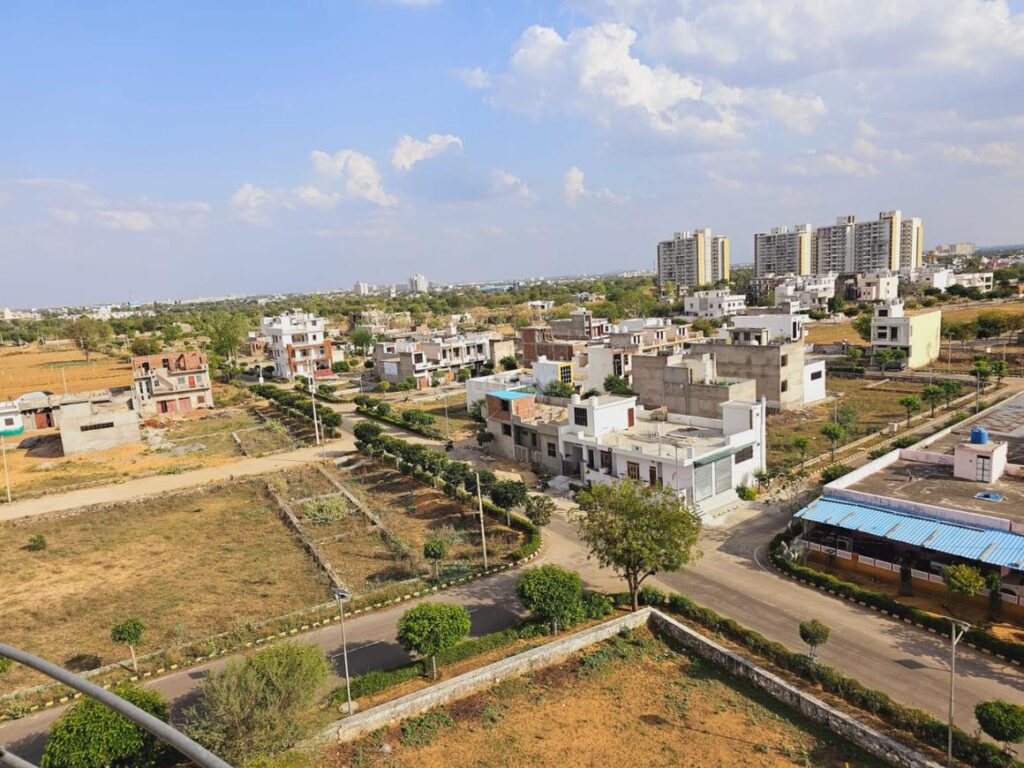
In Jaipur’s ever-evolving real estate landscape, several areas are emerging as promising new developments. Jagatpura, PRN, Muhana Mandi, Gandhi Path, Ajmer Road, and Sikar Road are among these areas, witnessing rapid growth and infrastructure development. These locations offer a blend of convenience and potential for homeowners and investors alike, with access to amenities, transportation networks, and future prospects for appreciation. As these areas continue to evolve, they present exciting opportunities for individuals looking to be part of Jaipur’s expanding urban fabric.
To give you an idea a 100sqyard villa in these areas will cost in the range of 85 lakhs to 1.2 cr
Prime Locations
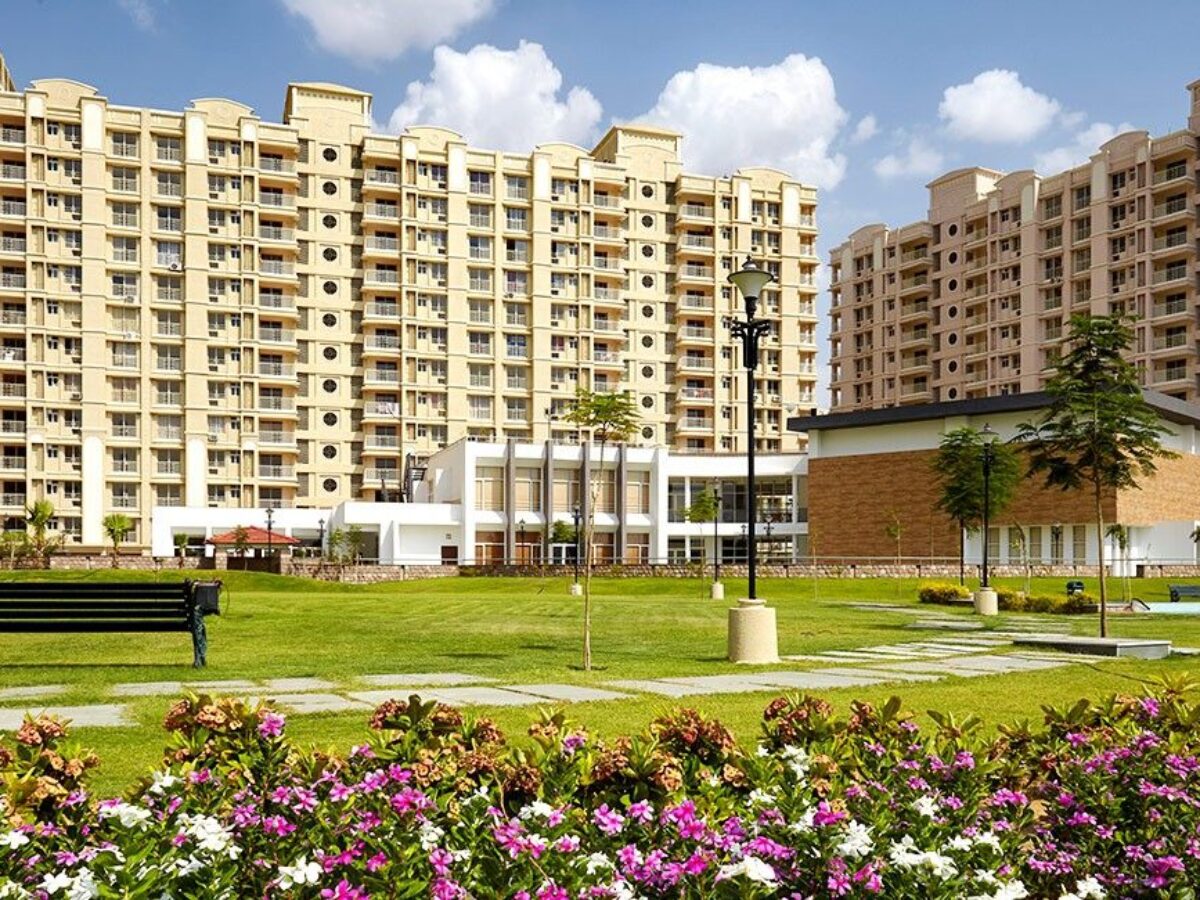
In Jaipur, prime locations such as Tonk Road, Pratap Nagar, Malviya Nagar, Vaishali Nagar, Mansarovar, and Ambabadi offer an array of advantages for homeowners and investors. These areas boast well-established infrastructure, convenient amenities, and proximity to commercial hubs, educational institutions, and recreational facilities. With a blend of urban convenience and desirable living environments, these prime locations continue to attract discerning individuals seeking quality lifestyles and promising investment opportunities in the Pink City.
A villa of 100 sqyards in these areas will cost you any where between 1.2 cr to 1.5 cr
Porch Locations
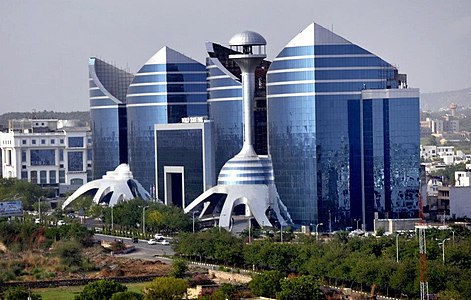
Bapu Nagar, Raja Park, Jawahar Nagar, Bani Park, and C Scheme stand out as ultra prime locations in Jaipur, renowned for their exclusivity and luxury living experiences. These areas boast prestigious addresses, upscale residences, and sophisticated amenities. With their central locations, historic charm, and high-end facilities, they appeal to affluent individuals seeking the epitome of luxury living in the Pink City.
Finding a 100 square yard villa in these areas is nearly impossible, as they predominantly offer larger and more expensive properties. However, hypothetically, a villa of such size in these areas would likely cost approximately 1.5 crore to 2 crore and above, given the premium nature of the locations and the scarcity of smaller plots in these prime areas.
Pros of Villas
- Independent ownership and privacy: Villas offer homeowners the freedom to customize their space and enjoy privacy without shared walls or common areas.
- Freedom for future development: Owners can expand or modify their villa according to their needs and preferences, providing flexibility for future changes.
- Better appreciation of value: Villas are directly linked to land, which often leads to higher appreciation in value over time compared to apartments.
- No dependence on common welfare societies: Villa owners do not rely on common welfare societies for the upkeep of facilities, providing autonomy and control over maintenance.
Cons of Villas
- More expensive than an apartment: Villas typically come with a higher price tag due to their larger size, independent structure, and exclusive amenities.
- Less secure: With multiple entry points and larger outdoor spaces, villas may be perceived as less secure compared to apartments within gated communities.
- Harder to maintain: Villas require more maintenance effort and cost, including landscaping, exterior upkeep, and repairs, which can be challenging for some homeowners to manage independently.
Legal Checkpoints

- Chain of documents: It’s crucial to examine the chain of documents detailing the property’s initial allocation, subsequent transactions, and the current seller’s ownership. A clear and unbroken chain ensures the legal validity of the transaction, while any gaps could jeopardize the property’s legal standing.
- JDA Approved: Ensure that the property is approved by the Jaipur Development Authority (JDA), the government body overseeing land and building development in Jaipur. Non-compliance with JDA approval may lead to legal complications.
- Seek legal advice: Always consult a legal expert to review the property documents thoroughly, understanding its legal status and any potential issues. Banks typically conduct this process when providing loans, offering an additional layer of legal scrutiny.Financing options – Home
Financing Options – Home Loans
Home loans are a beneficial means to realize your dream of homeownership, typically covering up to 85% of the property’s value, provided the property and borrower profiles meet the criteria.
To apply for a home loan, follow these steps:
Documenting Profiles
Before applying for a home loan, two types of profiles need to be compiled:
- Property Profile – This encompasses technical and legal details of the property being purchased. It includes documentation related to the property’s construction, ownership history, land title, approvals from relevant authorities (such as JDA approval in Jaipur), and any encumbrances or legal issues associated with the property.
- Borrower Profile – This consists of personal and financial details of the individual or individuals applying for the home loan. It includes documents such as identity proof, address proof, income proof (such as salary slips or income tax returns), employment details, credit history, and any other financial liabilities or assets. The borrower profile helps lenders assess the applicant’s creditworthiness and repayment capability.
Selecting the Financing organization – Banks or NBFC
There are three type of organizations that can offer different home loans packages and have different formats on which they work
- Nationalized banks: These institutions adhere strictly to regulations, requiring thorough vetting of both property (known as property profile) and buyer profile (assessing financial repayment capabilities). They favor JDA-approved properties with no deviations in legal and technical aspects, especially for government or reputable private sector employees. Major government banks like SBI, Bank of India, and other state banks fall into this category.
- Private Banks: Private banks exhibit more flexibility regarding property and buyer profiles. They may accommodate slight deviations in both aspects and work out solutions accordingly. Banks such as ICICI Bank, HDFC Bank, and Axis Bank are prominent examples falling under this category.
- NBFC (Non-Banking Financial Companies): These organizations, distinct from banks, possess capital for lending purposes. They can consider various property categories, including non-JDA properties, and may accept minor deviations in property profiles. NBFCs are also more lenient towards borrowers with irregular income records or those engaged in informal businesses. However, they typically offer loans at higher interest rates. Entities like IIFL, Indiabulls, Tata Home Finance, and other NBFCs operate within this sector.
Understanding Home Loan Charges
- Processing fee: This is the fee charged by the bank or financing organization for processing your loan application. It typically ranges from zero to 1% of the loan amount, depending on the lender and the specific loan offer.
- Stamp Duty: These are government charges incurred for registering the agreement between the bank and the borrower for the loan. Stamp duty typically ranges from 0.25% to 0.35% of the loan amount.
- Interest Rate: This is the rate at which the bank charges interest on the loan amount. It varies based on factors such as the property and borrower profile and is influenced by the Repo rate set by the RBI. Interest rates typically range from 8% to 14% (data as of February 2024).
Opting for Furniture and Furnishing
Some private banks and NBFCs offer the option to include furniture and furnishings in the loan amount. This can help reduce registration stamp duty charges. For more details, borrowers should inquire with their financing organization.
